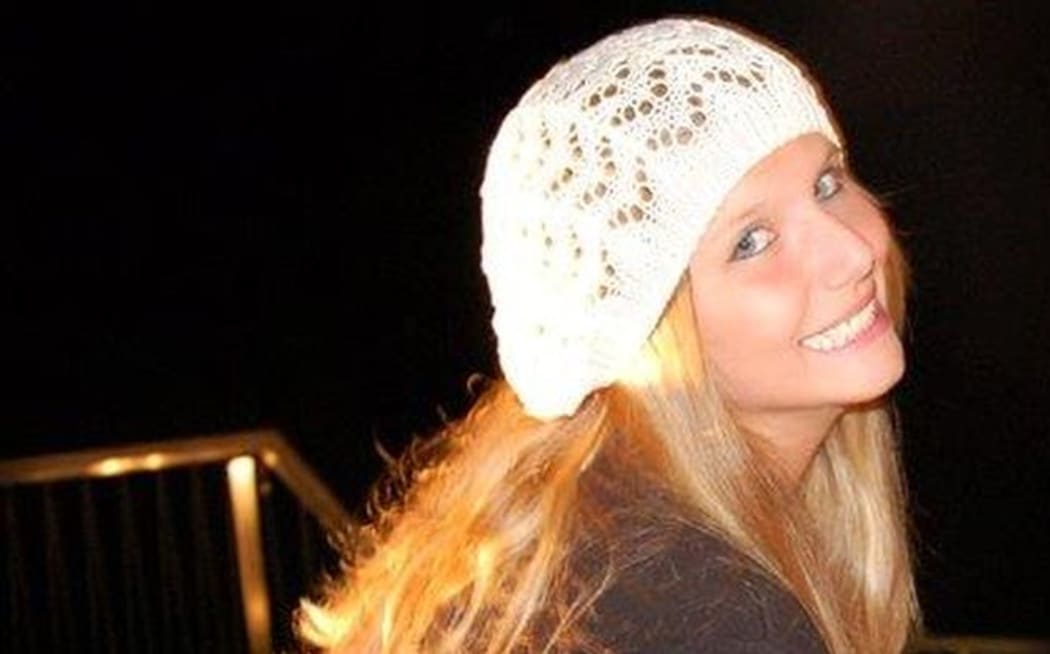A researcher who has crunched the numbers on bail believes relaxing the current system will not to lead to increased risk for the public.

Sergei Skripal was one of four prisoners released by Moscow in exchange for 10 US spies in 2010, as part of a swap. He was later flown to the UK. Photo: 123RF
In April, Justice Minister Andrew Little signalled the bail laws might be changed, as increasing remand numbers have seen the prison population balloon.
However, the families of people murdered by someone on bail want the law to remain as it stands.
Almost 1000 more people a year are now remanded in custody than before the bail laws were tightened in 2013, as a result of the murder of Auckland teenager Christie Marceau in 2011.
Her killer, Akshay Chand, was on bail at the time and living just 300 metres from her home, having already been charged with kidnapping and threatening to stab her.
Dr Liz Gordon a social researcher, who is also president of PILLARS, a group helping prisoners' families, said the average number of murders in New Zealand each year was about 80.
She said when you put that figure alongside the extra 1000 people remanded in custody, it was an emotional over-reaction to suggest Andrew Little would have blood on his hands if he loosened the bail laws.
"The mathematics simply doesn't add up. They're not going to all get out of the prisons and start murdering like mad and if you find good alternatives for them, perhaps you can actually stop them ever having to go to prison again."
Dr Gordon agrees Akshay Chand should never have got bail, as what he did was a foreseeable crime, but she said Mr Little needed to take a dispassionate view of what was best before making a final decision on the bail laws.

Christie Marceau was murdered in 2011 by Akshay Chand who was out on bail at the time and living just 300m from her home. Photo: Facebook / The Christie Marceau Charitable Trust
However Christie Marceau's mother, Tracey Marceau is not so sure.
She said while some of the 1000 extra people remanded in custody might have been charged with crimes which were relatively less serious, others could be on the road to murder.
Mrs Marceau said part of the increased level of custodial remands arose from the way in which the justice system was run.
"It's got nothing to do with Christie's law ... it's about the fact that the courts cannot keep up.
"If they could streamline the processes, these people wouldn't be on remand like that because there's nowhere else to put them. Cases would be dealt with."
Natasha Hayden died in January 2005 at the hands of Michael Curran.
Eight months later while on bail for her murder, he killed a 2-year-old child.
For Natasha Hayden's father, Brian Brown, the tight laws around bail must stay in place to protect the community.
He said Curran's case showed the importance of that.
"They let him out on bail and he killed another one; there was no constraint on him to not. At least in prison there's something stopping him.
"He can't get out and he's not causing any more mayhem to anyone else ... I think if there's a thousand [extra] people [remanded in custody] they're not there for no reason."
Dr Gordon said there were also other downsides to keeping people on remand in jail, particularly younger offenders, as the remand units are active recruitment centres for youth gangs.
She is also concerned that, despite it costing more than $100 million a year to keep those 1000 extra people remanded in custody, they received no support while there to improve their lives.
"Those people are in a very difficult position. They often can't see their children because visiting days for people on remand is often mid-week and the kids can only visit on the weekend.
"They don't get access to training courses, drug and alcohol treatment and so on because those things aren't offered most of the time to people on remand because the argument is [they] ... aren't sentenced and therefore can't be forced to do programmes [so] ... it's not worth offering them to them."
Mrs Marceau said that was just another system failure.
"I think it's a huge issue. Surely that's the prime time to be re-educating these people and offering them help so they can get onto the right track.
"Re-education's a huge thing that should be going through. You know these people [remanded in custody for less serious crimes] need another chance in those types of incidents."
Mrs Marceau said like many others, her family also believed in the justice system and it was only when her daughter was killed they found out there wasn't one.
Andrew Little was approached for comment, but his office said he would not speak about the bail issue until after a justice summit later this year.




